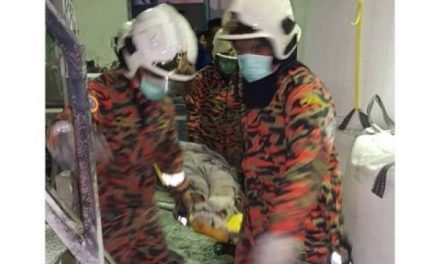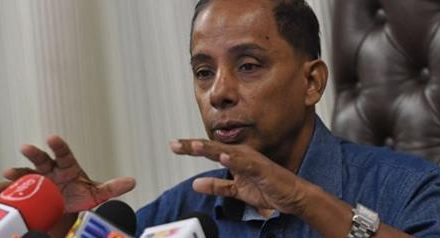I entered the workforce in the early 1990s and have worked as a recruiter for close to a decade. Over the years, I have seen discrimination happening numerous times – to me and others.
The first time I encountered discrimination, I was in my late 20s. When I showed up for the interview, the person interviewing me was shocked to see that I was Indian (despite it being obvious from my name) and muttered that she thought I was Chinese.
She went ahead with the interview since I was already there, but told me that they would pay me less than what they would pay another candidate who fits their race criteria. Being young at the time, I was very vocal and told her “if you want a quality candidate then you should pay what the candidate deserves and race should not be part of it”. Unsurprisingly, I was not offered the position.
Later, I was hired as a recruiter for a Fortune 500 recruitment firm. This is when I saw the extent of racial discrimination in employment. In my position, I had to deal with many hiring managers from multinational companies (MNCs), government-linked companies (GLCs), and local companies who blatantly stated that they only wanted a certain race, and told us not to send over curriculum vitae (CVs) of extremely qualified candidates who do not fit the race criteria.
The hiring managers were willing to employ a candidate even if they were less qualified than others, so long as they fit the race criteria. This results in not only a loss to the company, but to the country, as qualified candidates who face repeated discrimination may end up finding employment outside of Malaysia.
Even the human resources (HR) departments of some of the organisations I encountered would practise racial discrimination. For instance, I remember speaking to an HR personnel of a GLC, who told me that although when they advertise for an opening they do not state that they are only seeking candidates of a particular race, the applications of those who do not fit the internal race criteria get chucked into the trash bin. I had applied to this company before becoming a recruiter, so now I knew what had happened to my CV.
Another encounter I had with racial discrimination was when I was called in for an interview by a GLC property development company for a business development-related role.
It was a panel interview. This interview opened my eyes further to other forms of discrimination, including gender discrimination and sexual harassment. Although it was supposed to be a panel interview, the general manager asked all the questions. There was one question he asked that I will never forget: “If the client asked you to go to his hotel room to get the document signed, will you go?”
I was shocked at the question and I told him “no”, as it was inappropriate. My answer didn’t go down well with him, and he kept pushing for a different answer. Our conversation became very heated as we were each relentless in our opinion, until one of the other interviewers stepped in to put a stop to the line of questioning by the general manager.
The general manager later told me directly that they had a policy that no matter how well a particular candidate performed, when it came to promotion, only a Malay candidate would be promoted even if the individual was not as qualified as the non-Malay candidate. At this point, this didn’t come as a huge surprise to me, but what was surprising was how open he was about the discrimination. I left the interview knowing that even if I was offered the role, I would not accept it.
Yet another encounter I’ve had with racial discrimination as a job-seeker was with a renowned educational institution. I was waiting to be interviewed, seated outside the manager’s office. When the staff member gave the manager my CV and application form, I heard the manager admonishing her worker for calling me for an interview when the manager had informed her that only Chinese candidates should be called.
I was shocked at how the manager was practically yelling at the staff member for calling a non-Chinese candidate for an interview, even though the candidate had the necessary qualifications and experience to do the work. I went in for the interview, which lasted about 10 minutes as the interviewer refused to give me a chance.
Coming out of the interview, I was angry at myself for not being as vocal as I was when I was younger, and also wondered how a renowned educational institution could do this, especially when they are educating young people of all races.
I know I am not alone in my experience of discrimination while seeking employment. I truly hope that the government will put a stop to such discrimination by including protection for job-seekers in the amendments to the Employment Act. This may not necessarily stop all employers from discriminating, but it would send a message that such discrimination is wrong and illegal, and gives candidates an avenue for redress.
Everyone loses when discrimination goes unchecked. It harms workers, it harms companies, and it harms our country. Malaysia must end discrimination against job-seekers. We are better than this.
Author: Vash Perimbanayagam








